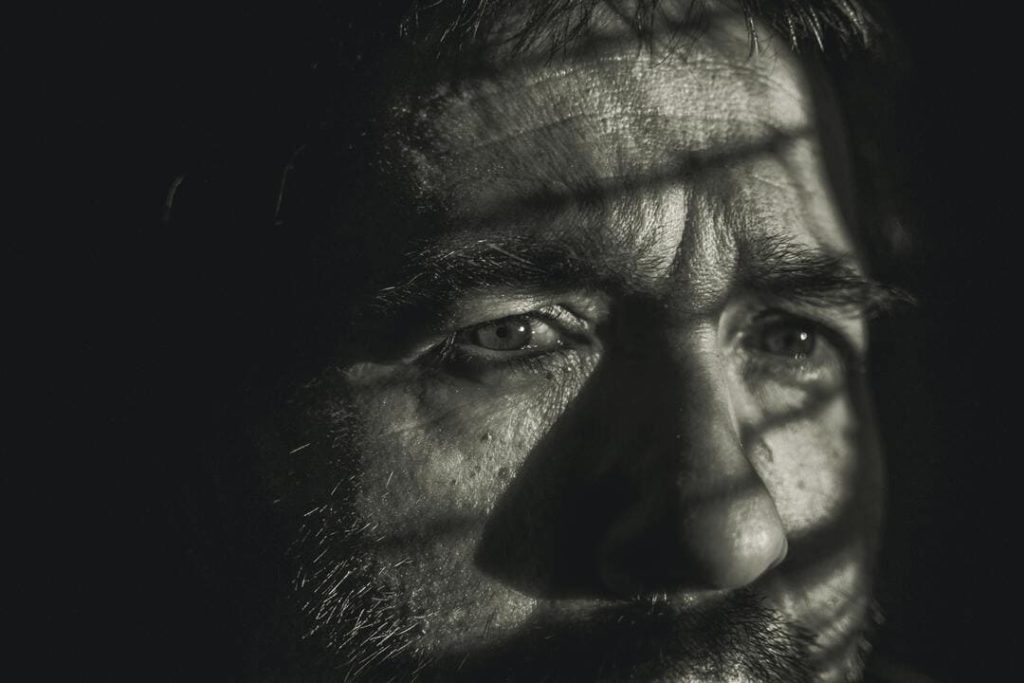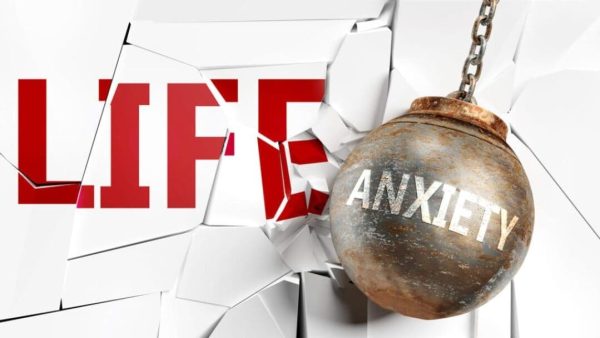Looking for Expert-Level VA Claim Answers?📱Call Us Now! 737-295-2226
A 2021 study examined suicide rates in the U.S. military, and the results were staggering. Since the tragedy of 9/11, there have been four times as many deaths by suicide among service members and veterans as there have been war-related deaths.
The contributors?
- High risk for trauma, and not just physical trauma. Military members also encounter a disproportionately high amount of mental, moral, and sexual trauma.
- Stress
- Military culture and training
- Experience with–and continued access to–guns
- Challenges of transitioning between combat life and civilian life
For a job with this many hazards, thank goodness for VA Disability Benefits. Unfortunately, it’s not always easy to get the full scope of these benefits, and this becomes even harder for the problems that we can’t see.
Too many veterans are underrated and, thus, undercompensated, for their mental health issues. Many deserving veterans receive zero mental health VA disability at all. Many don’t know they qualify and many others don’t know how to file a mental health VA claim.
A lot of this stems from unsubstantiated lies, myths, and misunderstandings that too many veterans buy into.
Table of Contents

You DESERVE a HIGHER VA rating.
Take advantage of a VA Claim Discovery Call with an experienced Team Member. Learn what you’ve been missing so you can FINALLY get the disability rating and compensation you’ve earned for your service.
1. You’re an outlier.
If you think you’re the only veteran out there suffering from mental illness, you’ve fallen for one of the biggest lies. A groundbreaking study on mental illness in the military showed that the rate of major depression among U.S. military members is five times the rate for civilians, and the rate of PTSD is 15 times higher. The study also showed that 25% of active duty members showed signs of a mental health condition.
You’re not alone. You’ve chosen to serve your country, and you’ve paid a heavy price. So have many of your fellow veterans, even if they’re not talking about it.
2. If the VA denies your mental health VA claim, it’s probably not worth pursuing.
Wrong! This is one of the main reasons that VA Claims Insider exists! We’ve found that 80% of veterans are underrated by the VA and not getting the benefits that they are legally entitled to.
Many of the denied claims are mental health-related, and they are denied because the veteran has not presented the VA with clear, compelling evidence of their mental health condition.
If your mental health VA disability claim gets denied, you don’t have to take no for an answer. There are ways to build a strong case for yourself and appeal the decision.
Just rolling over is not the answer. Mental health issues can impede your quality of life every day, and part of the military package is that you’re entitled to benefits to help you through. You deserve an accurate VA rating for depression, anxiety, PTSD, or any other ratable mental health condition.

3. Good soldiers are immune to mental illness.
You may have joined the military because you were strong and brave and wanted to defend others, but you can still be all of those things and be…human!
Mental illness is part of the human condition. You didn’t choose it. You don’t need to be ashamed of it. You pledged to support and defend your country, and while that’s a privilege, it also puts you at greater risk for mental illness.
Don’t buy into the lie that being strong means you can’t have feelings or vulnerabilities. Good soldiers are proactive. When they’re not able to function at their best, they find out why, and they take steps to fix it. They don’t just defend others–they defend their own rights because they know that they can only help others if they’re at their best.
You owe it to yourself as a veteran to get the help that you were promised so that you can continue to help the people around you—your family, your friends, and your community.
4. PTSD always manifests at the time of the trauma.
A landmark study of World War II veterans showed that many experienced delayed-onset PTSD, meaning they didn’t have significant symptoms until several months after the traumatic event and, in some cases, many years after. In about half of these cases, the PTSD either worsened or started developing for the first time, in conjunction with some other traumatic life event such as losing a job or loved one.
Experts don’t know exactly why this happens, but it does happen. At VA Claims Insider, we see this often. A soldier will experience a traumatic event and cope just fine for months or years. They may be a little more frustrated and short-tempered than usual, but it’s not enough to report. It’s not until they’ve retired that the full force of their PTSD comes to bear, and by then, the VA has already given them a rating that does not reflect their mental illness.
If this is the case with you, don’t ignore your symptoms. These may include but are not limited to, nightmares, flashbacks, hopelessness, excessive negativity toward yourself and others, memory problems, feelings of detachment, lack of interest in the things that used to make you happy, emotional numbness, anger, guilt, shame, trouble focusing, trouble sleeping, or a constant feeling of vigilance. There’s a way to pursue help for the benefits you deserve.

5. The VA is out to get me.
VA adjudicators are busy. They have thousands of VA disability claims to process. Sure, they make mistakes and slow roll things at times, but a lot of negative energy can be wasted by squaring off against the VA bureaucracy. And if you show up at exams with a chip on your shoulder–or don’t show up at all—or if you rage into the phone, you’re not going to help your case.
Most mental health claims because there isn’t enough evidence; it’s not a personal vendetta. So instead of directing your anger at the VA, direct your resourcefulness into pulling together an airtight case that they won’t be able to deny.
6. I’ll lose my security clearance if I’m diagnosed with a mental health condition.
This keeps people from seeking help when they’re in the military and after they’re out. A security clearance is a passport to better jobs and more money, and nobody wants to jeopardize that.
But according to the U.S. Army, “Less than 1% of security clearances are denied or revoked due to psychological concerns. Clearances are more likely to be denied due to excessive debt, substance misuse, violent acts, sexual misconduct, arrests, and security violations.” The Army also states that proactively seeking a diagnosis and treatment is perceived as a positive indicator, not a liability.
The benefits of understanding your mental health, getting well and getting the increased VA disability compensation that you’re legally entitled to far outweigh the small risk that you could lose your clearance.

7. The documentation of my traumatic event should be enough.
Whether you were sexually assaulted, wounded by an IED, watched people around you die, experience anxiety or depression caused by your service or something else—trauma leaves a lasting mark. And you may assume that if the details of the trauma are in your record, the VA will pick up on this and compensate you accordingly.
But that’s not how it works. Why? Because different people react differently to traumatic events, and the only way the VA can gauge how much compensation you are entitled to, is through medical evidence. We repeat: MEDICAL EVIDENCE.
This means you need to visit your medical provider, communicate the severity of your symptoms, and get a diagnosis from a board-certified psychologist and an Independent Medical Opinion (IMO) or a Nexus letter from a medical professional linking your condition to your military service.
If you believe that you are underrated by the VA, contact us for more information. As a leading education-based coaching company for disabled veterans, we’ll help you sort facts from fiction and explore your eligibility for an increased veteran disability rating. We’ll also connect you with one of the largest and most supportive communities of US military veterans who can share ideas and support you on your journey.
Additional Mental Health VA Disability Resources
Huge VA Mental Health Rating Changes Coming in 2024!
Top 7 Mental Health VA Rating Tips Explained
Top 3 Ways to Get a VA Rating for PTSD: The Ultimate Guide
Ask the VA Rater: Expert Tips for VA PTSD Claims! (Video)
NEED MORE ASSISTANCE?
Most veterans are underrated for their disabilities and, therefore, not getting their due compensation. At VA Claims Insider, we help you understand and take control of the claims process, so you can get the rating and compensation you’re owed by law.
Our process takes the guesswork out of filing a VA disability claim and supports you every step of the way in building a fully-developed claim (FDC)—so you can increase your rating FAST!
If you’ve filed your VA disability claim and have been denied or have received a low rating—or you’re unsure how to get started—reach out to us! Take advantage of a FREE VA Claim Discovery Call. Learn what you’ve been missing—so you can FINALLY get the disability rating and compensation YOU DESERVE!

Veterans deserve to access their VA Disability Benefit. But it is not always easy to get the full benefit that they deserve. As a result, many continue to suffer without getting their due compensation. To break free from the struggles, we must first uncover some myths and lies surrounding VA mental health claims.





